|

 
Tell us about Nightscape: The Dreams of Devils
Nightscape: The Dreams of Devils is a companion piece to my recently completed feature film, Nightscape. It follows three high schools seniors who gain unwanted paranormal powers. They must learn the source and purpose of their powers in order to prevent the collapse of all reality. Despite having teenage protagonists, the book isn’t a young adult novel. The book deals with heady mathematical concepts and mature themes in the context of a surreal, Lovecraftian apocalypse. Knowledge of the associated film isn’t necessary for enjoyment. The book serves as a standalone introduction to the Nightscape universe. Of course, the book and film complement each other in unexpected ways.
Lovecraftian? What does that mean? We aren’t familiar with the term or who Lovecraft is.
H. P. Lovecraft‘s pulp-era stories of cosmic terror have had a considerable influence on the horror genre. Over dozens of shorts and one novel, he described a uniquely compelling pantheon of alien gods. To my mind, his mythology resonates today because it’s informed by a decidedly modern brand of existentialism. The alien gods of his imagination are wholly indifferent to humanity. In Lovecraft’s universe, the human race is not only alone in having moral compunctions, but subject to the whims of gods and other supernatural forces it can’t hope to understand.
Even if readers aren’t familiar with Lovecraft’s stories, they’re likely to have been exposed to some of his ideas through popular fiction, movies or games. The most popular film adaptation is arguably Gordon Stuarts seminal horror-comedy, Re-Animator, which is based on Lovecraft’s “Herbert West, Re-animator.” The dread god Cthulhu, the dangerous grimoire the Necronomicon, and other concepts endemic to Lovecraft’s work have been referenced in a wide variety of media. There’s a thriving cottage industry dedicated to augmenting his mythology in various forms. Some of it’s pure pastiche. But the best of it captures Lovecraft’s unsettling sense of the unknown.
Thanks for explaining that. What genre is your book?
Horror, or to be more precise, supernatural thriller.
We’ve never read a book where recipients of powers didn’t want them. Tell us a bit more.
The lead, for instance, develops ever-expanding telepathic powers which threaten to drive him mad. At first, he can read the minds of those only in the immediate vicinity. By the end, however, he’s capable of reading minds around the world in rapid succession. The escalation of his telepathic powers both terrifies and excites him.
What exactly is the relationship between the book and the film – is it the same story, a prequel or a sequel? When we go out and get both which should we read/watch first?
The book and the film are related by virtue of a shared cast and mythology. The book involves two characters from the film, but in a completely different context. How these characters can appear in both stories is explained by the book’s climactic twist.
I should mention that in addition to the novel, the book contains a bonus short, “Auto-da-Fe, American-style,” which serves as a ‘proper’ prequel to the film. This story–about a radical art group experimenting with ‘acid telepathy’–provides an origin for the supernatural threat in the film. (As an interesting aside, the film’s soundtrack includes a song featured in this story. The lyrics are referenced a few times throught the short. I co-wrote this retro-psychedelic song, “Save Yourself (Cuz No One Else Will),” with my lead actress, Emily Galash, who fronts the Portland, Oregon-based punk band Monster-Sized Monsters.)
You can read the book and watch the film in any order and still be surprised. The two complement each other without spoilers. That said, you’ll have a qualitatively different experience if you take in both.
So what kind of readers will it appeal to?
Readers of modern weird fiction by Laird Barron , Ramsey Campbell , Fred Chappell, T.E.D. Klein, Thomas Ligotti and Lisa Mannetti will hopefully find this a satisfying read. Character, atmosphere and ideas are privileged over what Lovecraft once derided as “mere physical fear or the mundanely gruesome.”
You say the book deals with heady mathematical theories – what do you mean? Should those of us who are a little scared of mathematics steer clear?
The lead protagonist, Case Tannahill, is a 16-year-old math prodigy obsessed by the concept of infinity and its paradoxes. His mathematical pursuits provide clues about the nature of the supernatural threat he faces, and potentially, how to undermine, if not defeat it. I tried to integrate the relevant math concepts into the dramatic action as smoothly as possible. (My model in this regard was Don Delilo’s The Names.) I kept the descriptions relatively simple and any necessary examples are drawn from the narrative. You certainly don’t have to be math-savvy in order to enjoy the book any more than you need to be a forensic scientist to enjoy CSI. You just have to be sufficiently curious about the world.
How long did it take to write?
Writing the book occupied me for about 18 months on and off, as I wrote, shot and completed my film during the same period.
What was the most challenging part of your creative process?
One of the main challenges was mastering the book’s unique narrative mode. After the main protagonist gains telepathic powers, the story is told in what can only be called first-person omniscient.
Tell us a bit about yourself.
I attended the University of Southern California’s prestigious screenwriting program in the late-1980s, earning a bachelor’s degree in English Literature. I went on to receive a master’s in English Literature from USC and a second master’s in Public Affairs from the University of Oregon. After founding a successful high-tech market research firm and serving two terms in the Oregon House of Representatives, I completed my first feature film as writer and director, the supernatural thriller, Nightscape. I reside in my hometown of Hillsboro, Oregon with my wife and two sons.
So a re you a novelist who makes films or a filmmaker who writes novels?
Is it a cheat to describe myself as a moebius strip–a novelist who makes films when viewed one way, and a filmmaker who writes novels when viewed another? I suppose that’s a fancy way of saying I’m peripatetic. That’s how one of my former bosses described my tendency to seize on one interest then another.
Have you got a blog where readers can keep up with your work?
Visit nightscapemovie.com to get the latest scoop on the Nightscape universe.
And how can we follow you on Facebook and/or Twitter?
You can follow me via the Nightscape Facebook page or Twitter account (@nightscapefan).
Where can we buy your book?
The book is available from Amazon ( US, UK) , Barnes & Noble and other fine retailers.
What’s next?
I’m hard at work on the next entry in the series, tentatively titled Nightscape: Cynopolis. This book will put a supernatural twist on Detroit’s stray dog epidemic. I’m also revising the script to the film’s sequel and hope to start principal photography in 2014.
 
|




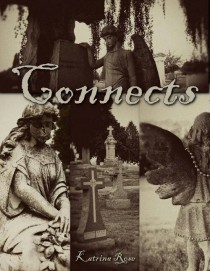
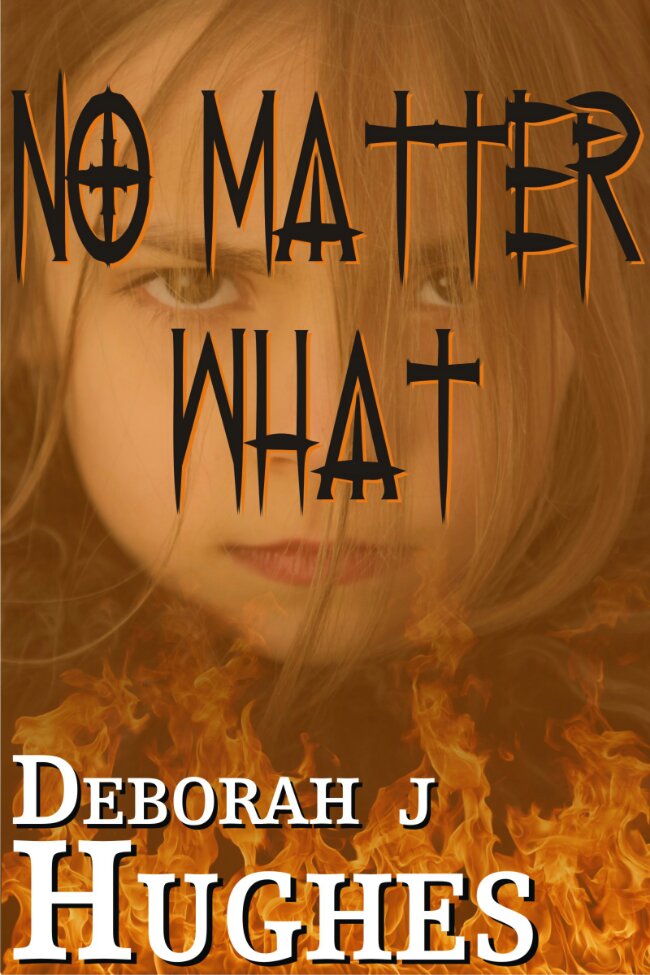
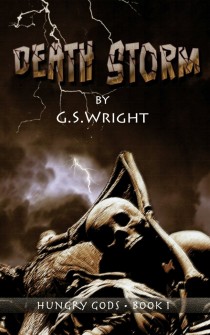
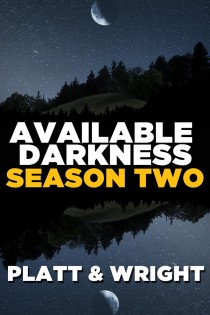
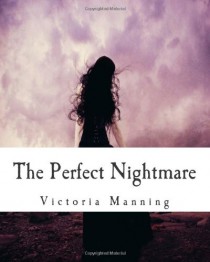
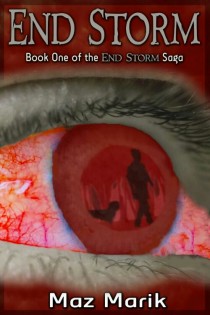
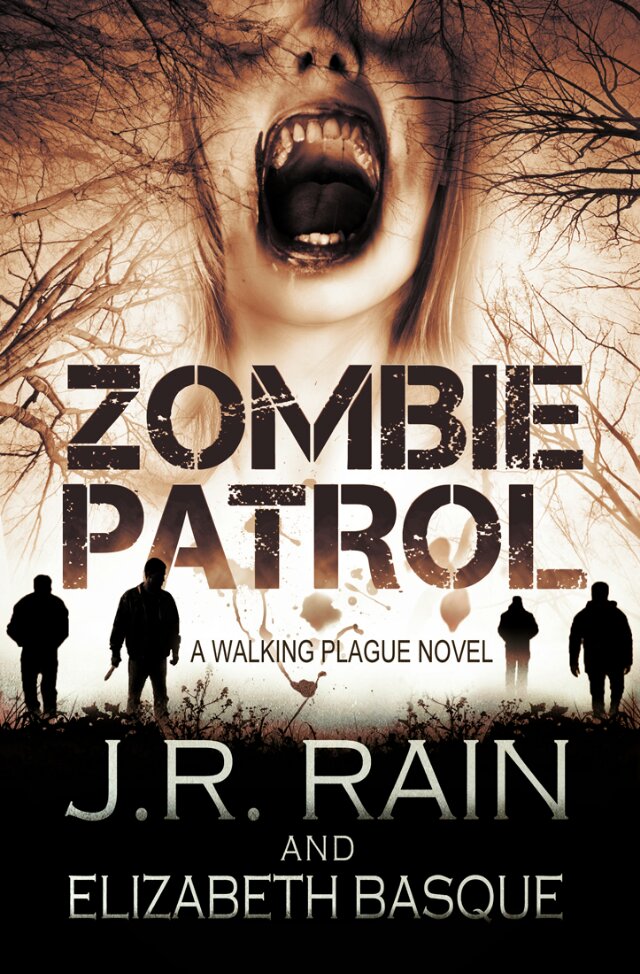
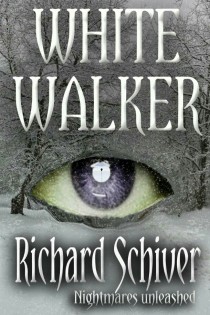
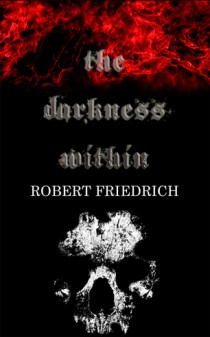
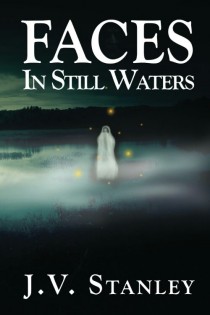
Leave a Facebook, Google+ or Wordpress Comment